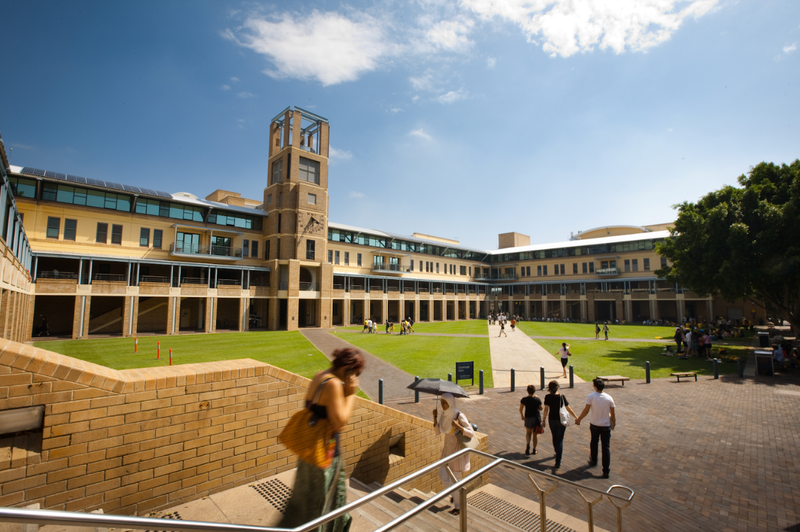Funding feud: Clayton student associations lock horns
🔗 [SYSTEM UPDATE] Link found. Timestamp incremented on 2025-11-26 13:55:13.The Monash Postgraduate Association (MPA) is up in arms after Monash University ruled around $208,000 of its 2019 funding is to be diverted to the Monash Student Association (MSA).
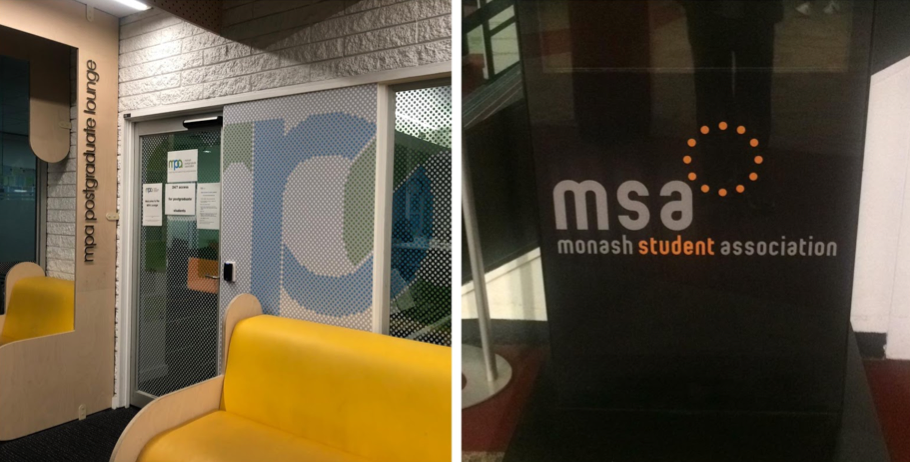
By SALONEE MISTRY and LAURA PLACELLA
The Monash Postgraduate Association (MPA) is up in arms after Monash University ruled around $208,000 of its 2019 funding is to be diverted to the Monash Student Association (MSA).
Each year, students pay a Student Services and Amenities Fee (SSAF) of up to $303.
The university allocates 40 per cent of all postgraduate SSAFs to the MPA and 40 per cent of Clayton undergraduate SSAFs to the MSA, as a fixed distribution.
The MSA then negotiates with the MPA for extra funding.
But the two associations could not reach a consensus this year.
The university’s decision to divert to the MSA 15 per cent of Clayton postgraduate SSAFs already allocated to the MPA, equating to around $208,000, is nearly triple last year’s agreed diversion of $70,000.
The MPA had high hopes it would only need to grant $60,000 to the MSA this year and $50,000 next year.
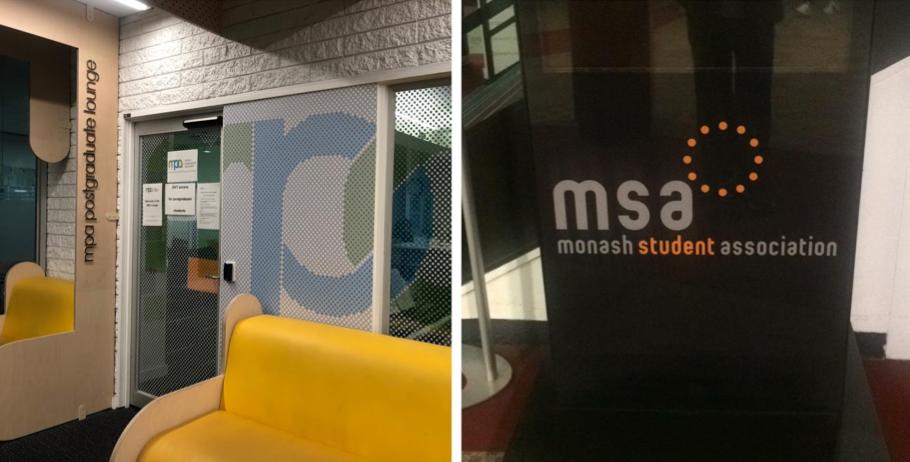
MPA President Robyn Oxley said this allocation affects the postgraduate students as it restricts funds for the ever-growing cohort and is not in their best interest.
“Postgraduates have different needs to undergraduates and allocating 15 per cent to MSA means postgraduate funds will be spent on the types of activities that the undergraduates value, such as free lunchtime bands and Safe & Sexy Week,” Ms Oxley said.
“These activities are terrific for undergraduates, but they are not what the majority of postgraduates value.”
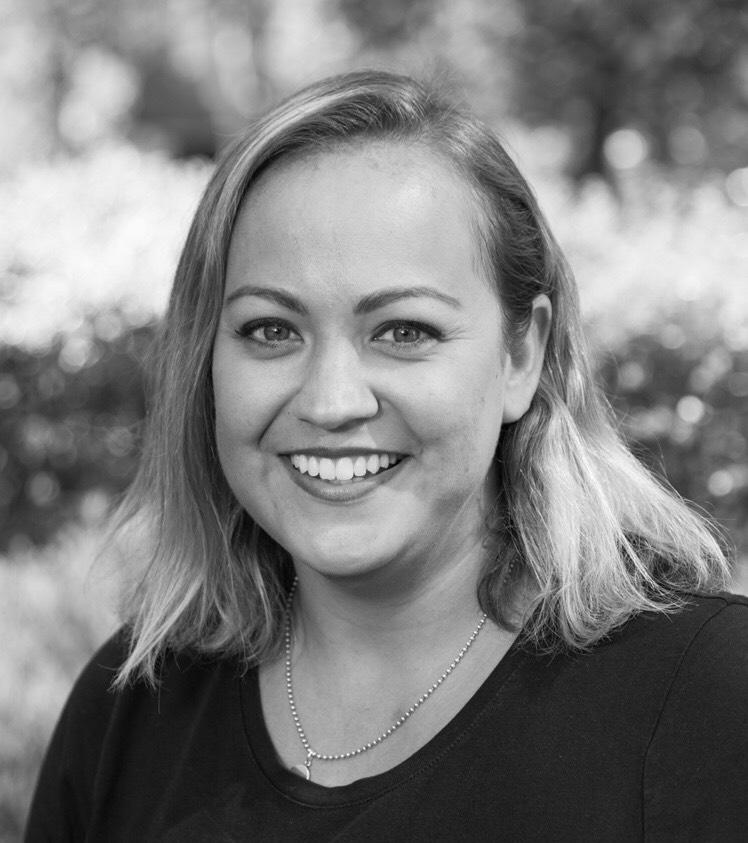
Deputy Vice-Chancellor Susan Elliott said, in a letter to the associations, she hoped moving forward they would find a way to work cohesively to provide the best activities and services possible for the students.
“I strongly believe that a shared services model across student organisation groups would best meet the needs of our student cohorts, and I appreciate your efforts to date on this front,” Ms Elliott wrote in her letter.
“As we work towards this vision, our immediate goal should be to allocate funding in a way that maximises efficiencies in terms of the provision of services.
“I have reviewed both proposals in great detail and have found in favour of the ongoing annual transfer of a 15 per cent portion of MPA SSAF collected from Clayton enrolled postgraduates to the MSA effective immediately.”
MSA President Henry Fox told MOJO News that in 2018 around 30 per cent of all participants of the MSA volunteering program were postgraduates, 9 per cent of all Wednesday Sessions attendees were postgraduates and almost 6 per cent of all Clubs & Societies event attendees were postgraduates.
“To make sure we can continue to deliver for these students without disadvantaging undergraduate students, the MSA asked the MPA for a fair and reasonable contribution towards the funding of these services,” Mr Fox said.

Mr Fox said the MSA was in an unfortunate situation where undergraduate SSAFs are subsidising services to postgraduates.
“We were glad the university recognised this and awarded us additional SSAFs, which we expect will be provided by the MPA.”
The MSA spent $215,000 on postgraduate services despite only receiving $70,000 from the MPA, he said.
“It is unfair that $145,000 of undergraduate SSAF money is being used on postgraduates who have demonstrated a desire to use our services.”
Ms Elliott further wrote in her letter a duplication of these services for a subset of the Clayton student community would represent an “inefficient use” of resources.
“The MSA already has in place established services that are offered to all students at the Clayton campus, irrespective of their level of study, and have demonstrated the use of a reasonable number of these services by postgraduate students,” Ms Elliott wrote.
Monash University was not available for further comment.
What will the funds be used for?
Losing an additional 10 per cent of funding to the MSA will impact two new MPA programs planned for release in 2020.
“Mental health illnesses are a growing problem among the postgraduate cohort and so a series of one-day mental health workshops tailored for postgraduates was to be delivered to all coursework and research postgraduates in all faculties,” Ms Oxley said.
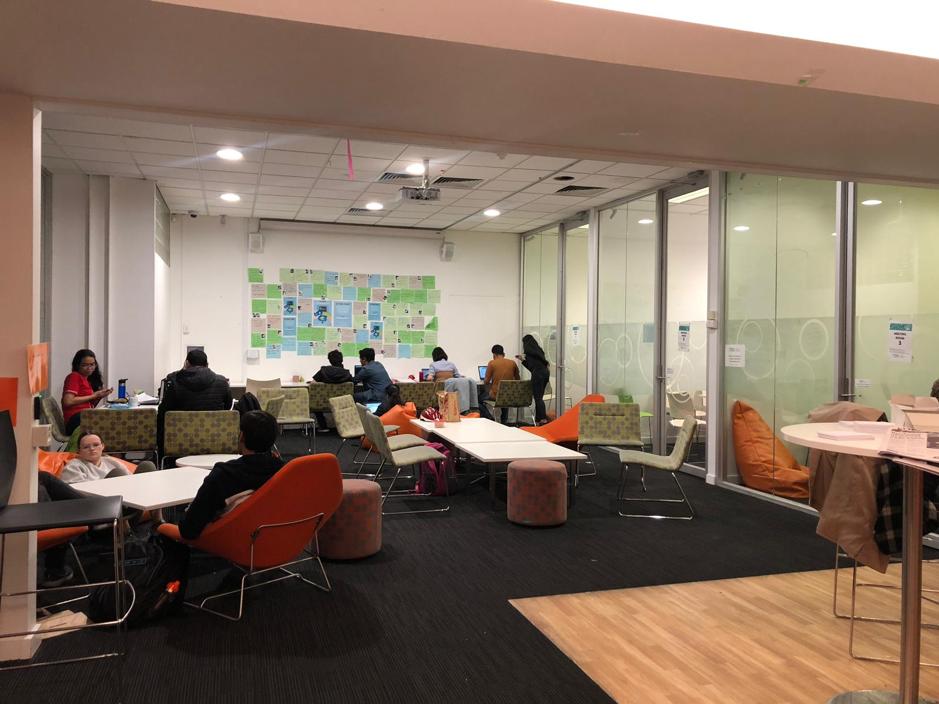
The second program was requested by the MPA cohort, especially international students, who struggle with employment after university.
“Our highly successful employment program within the MPA itself was set to expand from 17 places to 60 places,” Ms Oxley said.
Neither of these programs will go ahead if the 15 per cent diversion is finalised.
The MSA will be using the additional 10 per cent to continue delivering its current services, like the MSA volunteering program and Wednesday Sessions.
Mr Fox said if the MPA do not comply with the university’s decision, the MSA will be left with no choice but to cease offering any services to postgraduates.
The MPA has surveyed postgraduate students to gather their opinions on this diversion of funding.
It plans to present their responses to the university.





